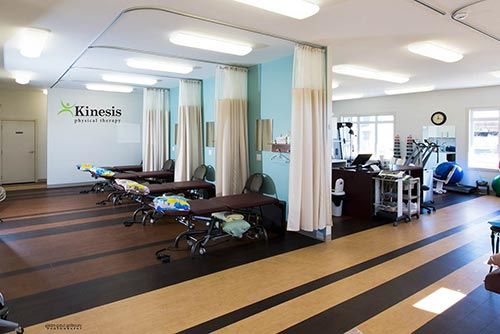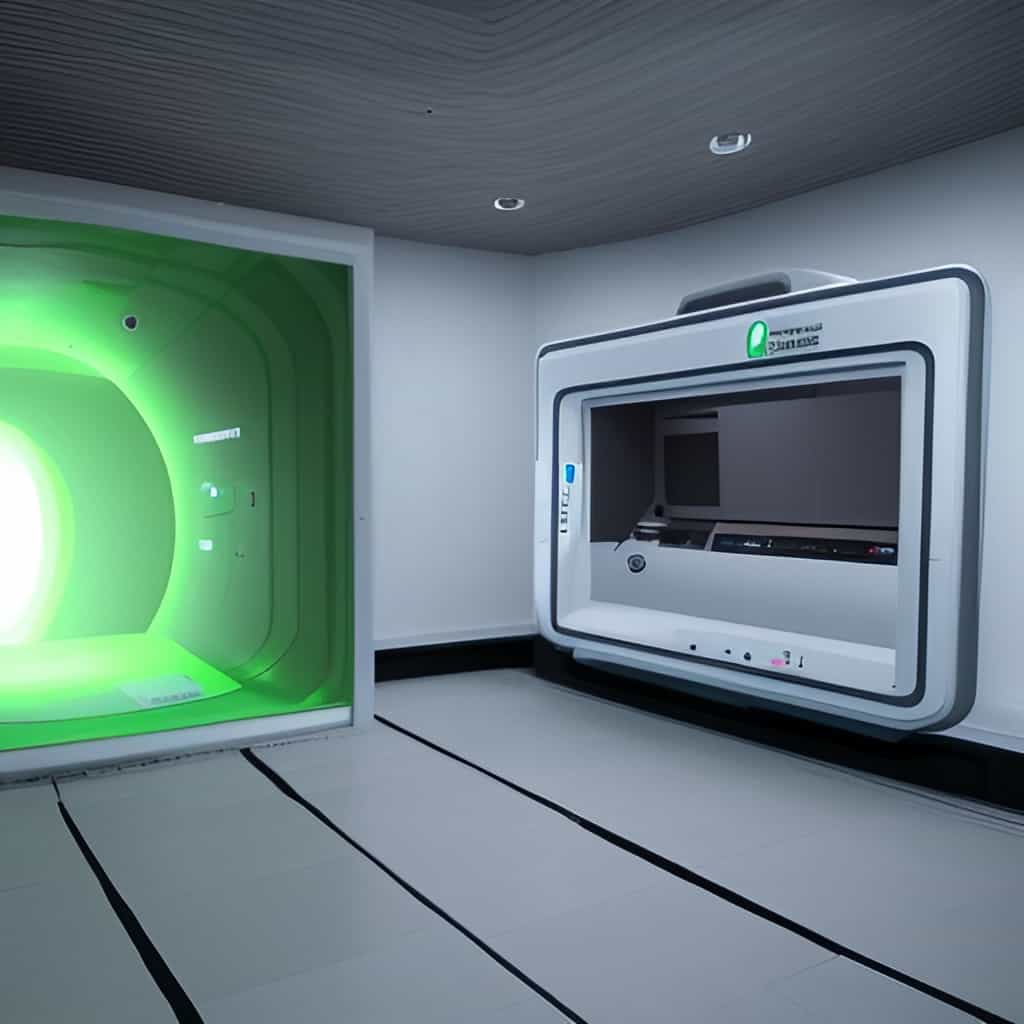Kinesis Physical Therapy
Physical Therapy in Grande Prairie
Locally owned and operated by long-time residents of the Peace Region.



Physical Therapy in Grande Prairie
We provide physical therapy in Grande Prairie and Beaverlodge that offers evidence-based, client-centered approaches to treatment for all types of musculoskeletal (bone, joint and muscle) injuries and conditions.
Our approach to treatment includes a combination of manual therapy (hands on), progressive exercise, and extensive self-management education to achieve optimal outcomes.
Progressive Treatment For Your Pain
The knowledge and qualifications of our team ensure our approaches to treatment will be innovative and focused on treating the root cause of your symptons. All of the physical therapists on staff have taken additional courses on the relief of chronic jaw pain (TMJ dysfunction).
Our Services
Concussion Management
Knee Braces
Have you visited Kinesis Physical Therapy in the past? Let us know how we did.
Kinesis Physical Therapy
Latest Resources & News
We’re happy to provide helpful advice and the latest news surrounding Physiotherapy, Concussion Management and more. Visit our latest news resources for the latest advice from our staff and news surrounding Physical Therapy.
Should You Choose Physiotherapy Before An MRI?
The medical world offers a range of options when it comes to diagnosing and treating musculoskeletal impairments, and MRI scans …
What Is The role of physiotherapy in concussion rehabilitation?
Physiotherapy is often recommended as an important part of concussion rehabilitation. This is because there is evidence that physiotherapy can …
Physical Therapy Exercises for Posture: The Best Moves to Straighten Your Spine
Do you often find yourself slouching? Do your shoulders always feel tense and tight? If so, you may need to …



